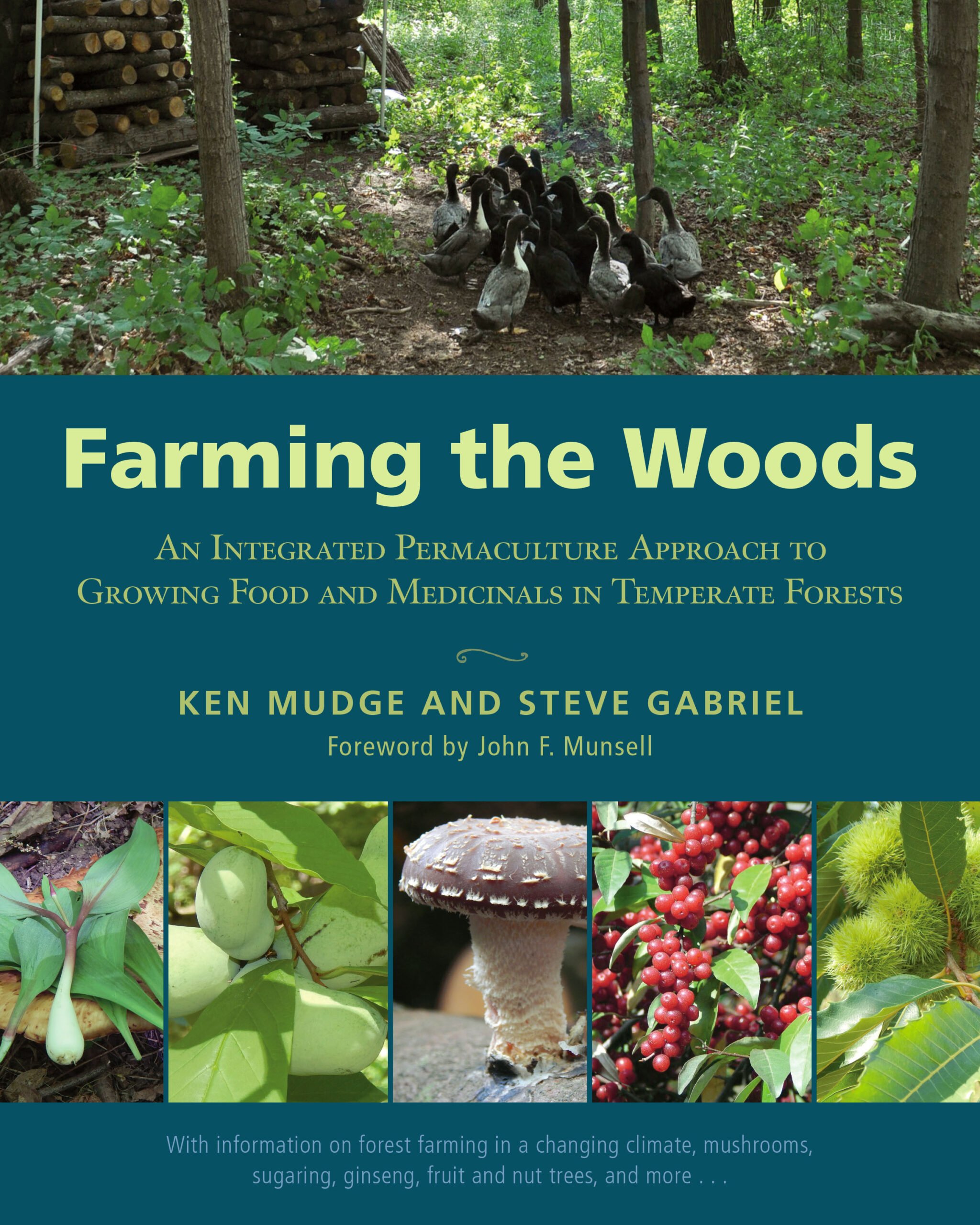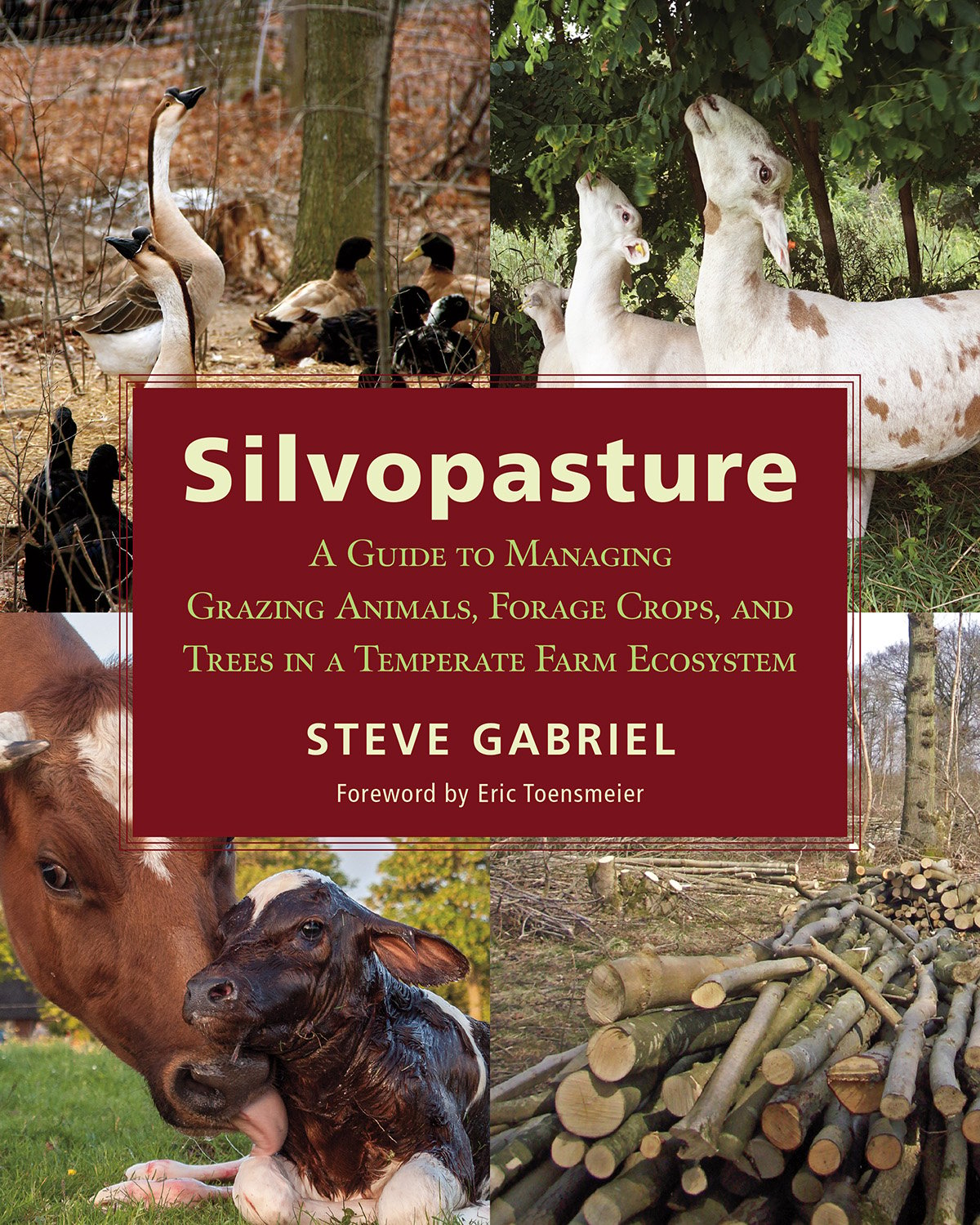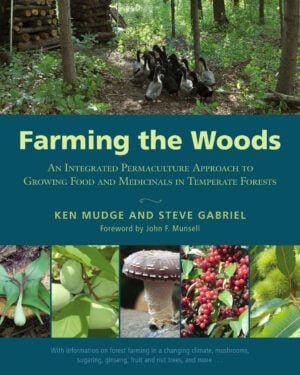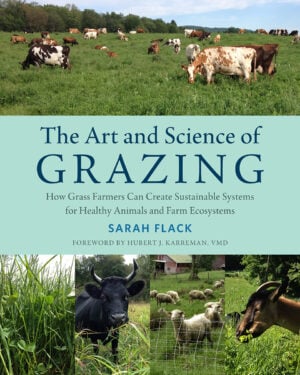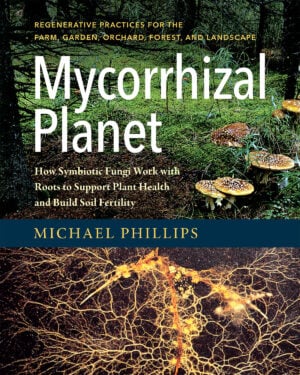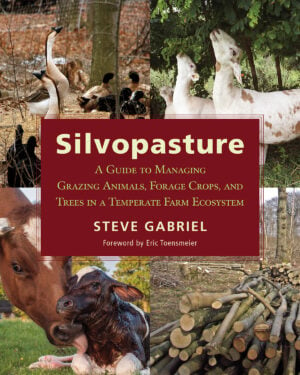Silvopasture
A Guide to Managing Grazing Animals, Forage Crops, and Trees in a Temperate Farm Ecosystem
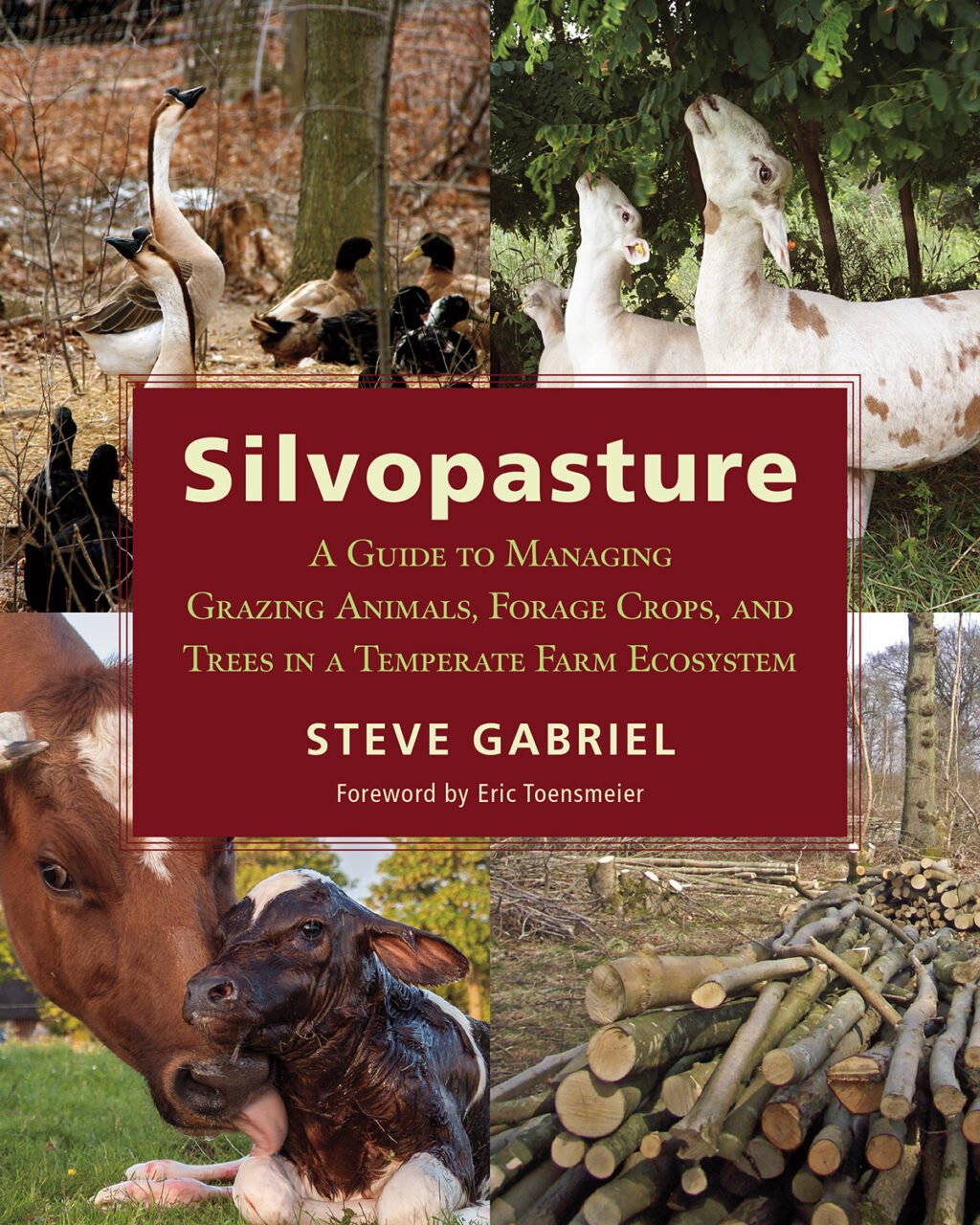
| Pages: | 320 pages |
| Book Art: | Full-color photographs and illustrations throughout |
| Size: | 8 x 10 inch |
| Publisher: | Chelsea Green Publishing |
| Pub. Date: | June 14, 2018 |
| ISBN: | 9781603587310 |
Silvopasture
A Guide to Managing Grazing Animals, Forage Crops, and Trees in a Temperate Farm Ecosystem
A system for regenerating land, storing carbon, and creating climate resilience
The concept of silvopasture challenges our notions of both modern agriculture and land use. For centuries, European settlers of North America have engaged in practices that separate the field from the forest, and even the food from the animal. Silvopasture systems integrate trees, animals, and forages in a whole-system approach that offers a number of benefits to the farmer and the environment. Such a system not only offers the promise of ecological regeneration of the land, but also an economical livelihood and even the ability to farm extensively while buffering the effects of a changing climate: increased rainfall, longer droughts, and more intense storm events.
Silvopasture, however, involves more than just allowing animals into the woodlot. It is intentional, steeped in careful observation skills and flexible to the dynamics of such a complex ecology. It requires a farmer who understands grassland ecology, forestry, and animal husbandry. The farmer needn’t be an expert in all of these disciplines, but familiar enough with them to make decisions on a wide variety of time scales. A silvopasture system will inevitably look different from year to year, and careful design coupled with creativity and visioning for the future are all part of the equation.
In this book, farmer Steve Gabriel offers examples of diverse current systems that include:
- A black locust plantation for fence posts coupled with summer grazing pastures for cattle in central New York;
- Oxen and pigs used to clear forested land in New Hampshire to create space for new market gardens and orchards;
- Turkeys used for controlling pests and fertilization on a cider orchard and asparagus farm in New York; and
- Sheep that graze the understory of hybrid chestnut and hickory trees at a nut nursery in Minnesota.
All of these examples share common goals, components, and philosophies. The systems may take several years to establish, but the long-term benefits include healthier animals and soils, greater yields, and the capacity to sequester atmospheric carbon better than forests or grasslands alone.
For all these reasons and more, Silvopasture offers farmers an innovative and ecological alternative to conventional grazing practice.
Reviews and Praise
“With farmland getting scarcer and the climate getting warmer, we must figure out novel approaches to growing food on less land with a smaller environmental footprint. Getting meat, firewood, lumber, mushrooms, berries, nuts, and other crops off the same piece of land will be even more important. One of the best approaches to that is silvopasturing—combining food animals with tree crops. Author Steve Gabriel gives us a well-organized, practical guide to this centuries-old approach of land management.”—Rebecca Thistlethwaite, author of Farms with a Future and The New Livestock Farmer
More Reviews and Praise
“A heartfelt, humble, and hope-filled account of the need for people to embrace one another and the landscapes we inhabit, told through the invaluable language of silvopasture. This book is packed with information and practical examples for anyone interested in the benefits of trees and grazing for the health of soil, plants, herbivores, and human beings.”—Fred Provenza, professor emeritus, Department of Wildland Resources, Utah State University
“There comes a time when modern messengers are needed to bring new life to ancient practices so that they can be utilized by the masses to transform society. In this foundational book, Steve Gabriel masterfully blends years of hard work, listening, and studying to present the complex subject in simple yet meaningful ways. Silvopasture provides much needed support and inspiration for anyone interested in becoming part of the solution to our climate, ecological, economic, and health challenges.”—Vail Dixon, Simple Soil Solutions
“There is rapidly increasing interest among European farmers in combining trees and livestock, but until now there’s been no really good book to guide them that explores all the benefits, as well as the tricky management decisions, involved in silvopasture systems. This is where Steve Gabriel’s book, appearing at exactly the right moment, comes in. Covering both tree management (stocking, species, etc.) and animal management (fencing, shelter, and breeds) as well as the ecology of the interactions between the two, this book should become the first port of call for farmers needing that extra information and confidence to take the step toward becoming agroforesters.”—Martin Crawford, director, Agroforestry Research Trust
“To practice silvopasture grazing successfully we must recognize the complexity of the farm ecosystem as a whole, and understand the needs of the many different parts of the system: livestock; understory plants, including grasses, legumes, and forbs; trees and other woody plants; and, of course, the soil itself, which must be maintained in good health. This book is an excellent resource to gain the essential knowledge needed to manage silvopasture well.”—Sarah Flack, author of The Art and Science of Grazing
Reviews and Praise
“With farmland getting scarcer and the climate getting warmer, we must figure out novel approaches to growing food on less land with a smaller environmental footprint. Getting meat, firewood, lumber, mushrooms, berries, nuts, and other crops off the same piece of land will be even more important. One of the best approaches to that is silvopasturing—combining food animals with tree crops. Author Steve Gabriel gives us a well-organized, practical guide to this centuries-old approach of land management.”—Rebecca Thistlethwaite, author of Farms with a Future and The New Livestock Farmer
“A heartfelt, humble, and hope-filled account of the need for people to embrace one another and the landscapes we inhabit, told through the invaluable language of silvopasture. This book is packed with information and practical examples for anyone interested in the benefits of trees and grazing for the health of soil, plants, herbivores, and human beings.”—Fred Provenza, professor emeritus, Department of Wildland Resources, Utah State University
“There comes a time when modern messengers are needed to bring new life to ancient practices so that they can be utilized by the masses to transform society. In this foundational book, Steve Gabriel masterfully blends years of hard work, listening, and studying to present the complex subject in simple yet meaningful ways. Silvopasture provides much needed support and inspiration for anyone interested in becoming part of the solution to our climate, ecological, economic, and health challenges.”—Vail Dixon, Simple Soil Solutions
“There is rapidly increasing interest among European farmers in combining trees and livestock, but until now there’s been no really good book to guide them that explores all the benefits, as well as the tricky management decisions, involved in silvopasture systems. This is where Steve Gabriel’s book, appearing at exactly the right moment, comes in. Covering both tree management (stocking, species, etc.) and animal management (fencing, shelter, and breeds) as well as the ecology of the interactions between the two, this book should become the first port of call for farmers needing that extra information and confidence to take the step toward becoming agroforesters.”—Martin Crawford, director, Agroforestry Research Trust
“To practice silvopasture grazing successfully we must recognize the complexity of the farm ecosystem as a whole, and understand the needs of the many different parts of the system: livestock; understory plants, including grasses, legumes, and forbs; trees and other woody plants; and, of course, the soil itself, which must be maintained in good health. This book is an excellent resource to gain the essential knowledge needed to manage silvopasture well.”—Sarah Flack, author of The Art and Science of Grazing


